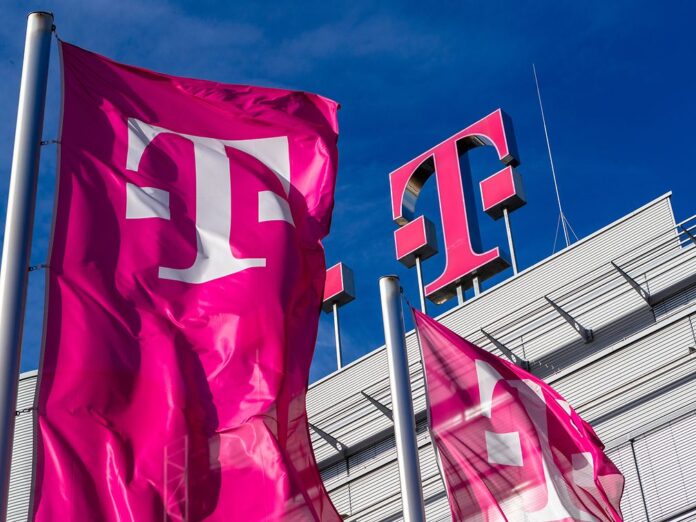
Dirk Roder, head of Web3 at Deutsche Telekom, revealed during the European Bitcoin conference, BTC Prague, that the company has been running Bitcoin nodes and is keen to start mining the cryptocurrency.
The entry of Deutsche Telekom, the telecommunications giant that has been supporting DeFi data and currently validating several blockchain networks, such as Ethereum, Polygon, Polkadot, Celo and Flow, in the Bitcoin mining sector, It would mean a great milestone for both cryptocurrency and the crypto industry in general.
During his participation at the conference, Roder revealed that the company plans to expand into crypto mining, focusing on Bitcoin, the main cryptocurrency on the market. This, as part of its strategy to delve even deeper into the digital monetary photosynthesis driven by cryptocurrencies.
Roder revealed that Deutsche Telekom has been running several Bitcoin nodes for some time. Additionally, he gamely responded to a question directly related to bitcoin mining, asked by independent Bitcoin journalist Joe Nakamoto.
Joe Nakamoto I ask Roder asked if Deutsche Telekom would mine bitcoins, to which the executive responded: “We will.”
With this, Roder confirmed to the crypto community that the company is deepening its business in the blockchain industry and is embarking on bitcoin mining.
Deutsche Telekom wants to seize opportunities in the Bitcoin mining industry
Despite the challenges that Bitcoin miners currently face, seeing their income reduced since the arrival of the fourth halving to the blockchain, the BTC mining business remains quite attractive.
According to data from The Block Research, Bitcoin miners are generating daily income of approximately $ 38 million dollars, which represents a decrease of more than 30%, in relation to the income generated by miners in the week prior to the arrival of the last halving.

Source: The Block Research
On the other hand, it must be considered that the costs of mining bitcoins have increased since the halving. Still, despite the current challenges, the sector has seen significant growth and development in recent weeks.
The company Compass Mining published a recent report analyzing the status of Bitcoin mining in May, which represents the first full month since the fourth halving took place on the network. According to this report, the average number of Bitcoin mined per day in May fell 43% compared to April data. However, mining companies continue to strive to improve their operations in the sector, announcing several important developments in the last month. For example, Iris Energy (IREN) announced that it reached its hash rate target of 10 EH/s in May. Bitdeer Technologies announced a subscription agreement with Tether Limited, the proceeds of which will be used to fund the expansion of its data center and accelerate the development of an ASIC-based mining platform. In addition, Core Scientific signed a 12-year contract with CoreWeave to improve its infrastructure and diversify its revenue.
The miners' block reward decreased to 3,125 BTC with the arrival of the halving, while the network's computational capacity has fallen by 6,8% since this event. However, since April 20, the price of Bitcoin has seen a 6% increase, trading above $66.200, at the time of writing.
Main image from Deutsche Telekom



